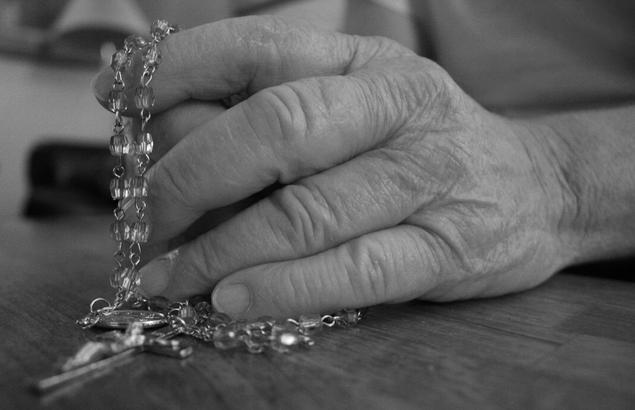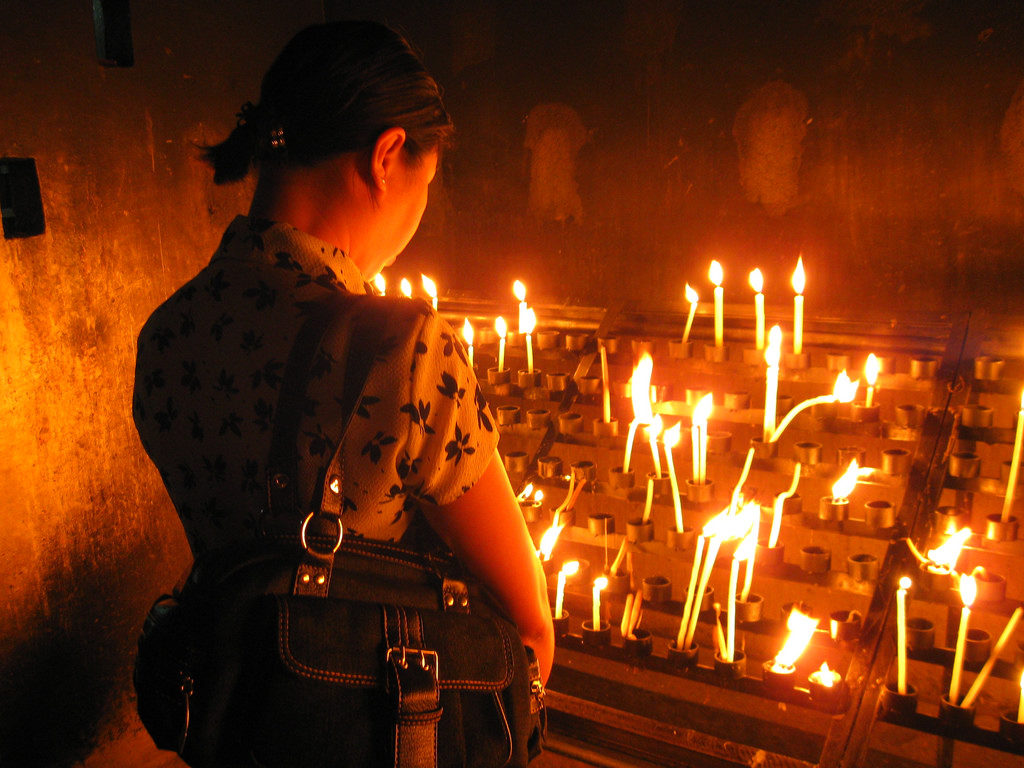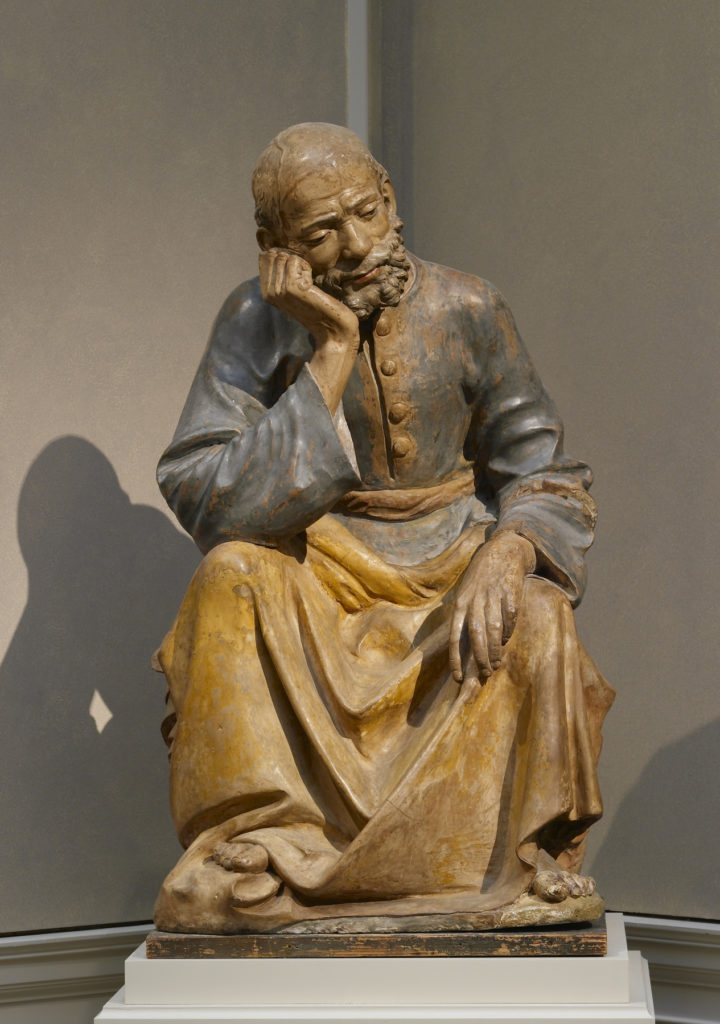Holiness is the Goal
I read this article on Catholic Exchange about how we should never give up striving for holiness. The author, Constance T. Hull, echos many of the same thoughts as Matthew Kelly in his book that I reviewed, The Biggest Lie in Christianity. Essentially, both talk about how life is made up of moments where we […]
Holiness is the Goal Read More »










